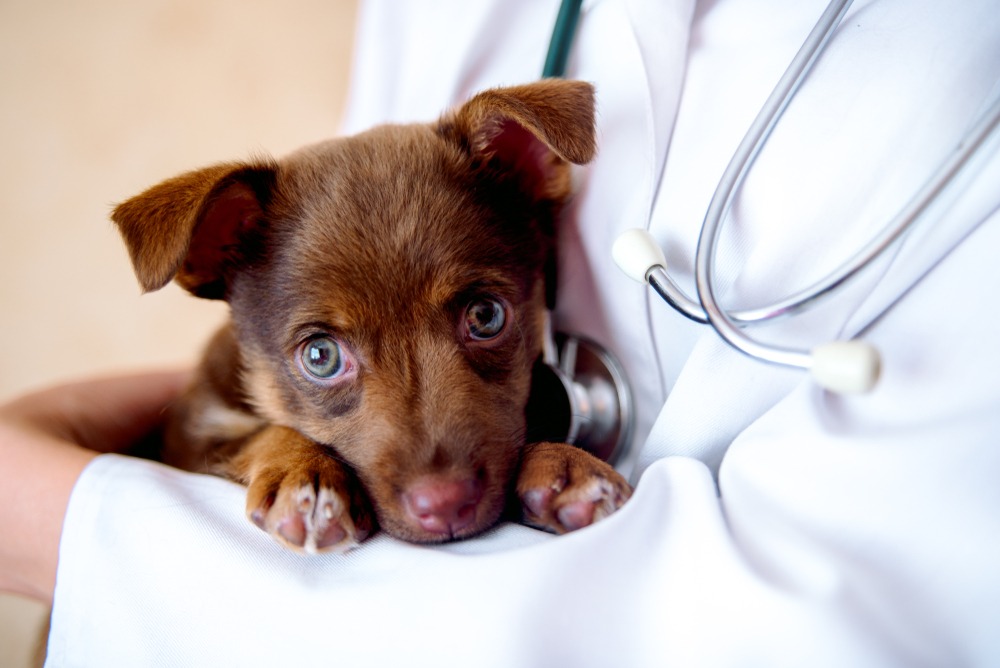
Food intolerances are just no fun. It can be very distressing for pet owners to see their dogs suffer and food intolerances are becoming increasingly common in the UK. Luckily, Bob Martin is here to offer expert advice so that you know what to look out for and can manage the situation in the best way.
What are some signs my puppy has food intolerances?
One of the first things you need to ask yourself is: is my puppy showing signs of food intolerances? It is important not to assume your pooch has food intolerances without proper observation as you wouldn’t want to unnecessarily restrict their diet. If in doubt and your puppy seems to be unwell, it is always worth consulting a veterinarian.
Generally speaking, when your pup is suffering with food allergies or intolerances, you can normally spot it a mile off. Dogs display a range of symptoms when the food they’re eating doesn’t agree with them. These symptoms may include:
– Vomiting
– Diarrhoea
– Excessive flatulence
– Inflamed skin
– Failure to thrive
– Ear problems
What foods are most likely to cause intolerances?
There are several foods that are more likely to cause allergies, such as wheat, grains and beef. Soy, eggs and even chicken are also common culprits, so what you assume might be fine could actually be giving your pup an upset tummy. However, dogs are just like people in that what might be fine for one to eat might cause a lot of issues for another.
What is the best course of action when dealing with allergies and intolerances?
If you suspect a food allergy in your pet, the first thing you need to do is book an appointment with your local vet. In anticipation of this appointment, be sure to note down as much information about your pup’s diet as possible. For example, note down what times your pet eats and when their symptoms seem to be worse. This information will help your vet decide on the best course of action.
It’s worth noting that dogs, just like people, can develop allergies at any point in life. A dog can happily eat a certain brand of food for years then suddenly become intolerant to it. If you do happen to switch your pup’s food and they display the symptoms of a reaction shortly afterwards, it is likely they’re allergic to an ingredient in the new brand of food.
The way allergies are treated really depends on the severity. The vet may suggest an allergy test, to pinpoint exactly what it is your puppy is struggling with. They might also suggest an elimination diet, whereby you feed your pooch a kind of food with very few ingredients then slowly branch out to see what they react to. Remember, always follow your pet’s advice as they ultimately know what’s best for your new fur baby.
Want to keep up to date with all things Bob Martin? Follow us on social media today!
